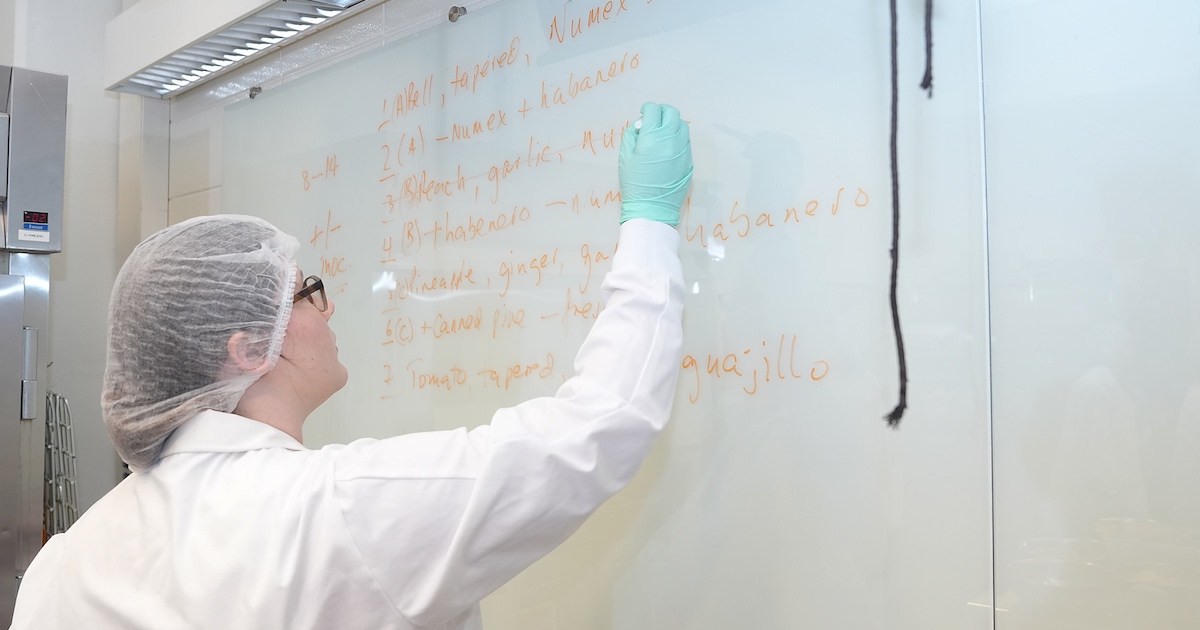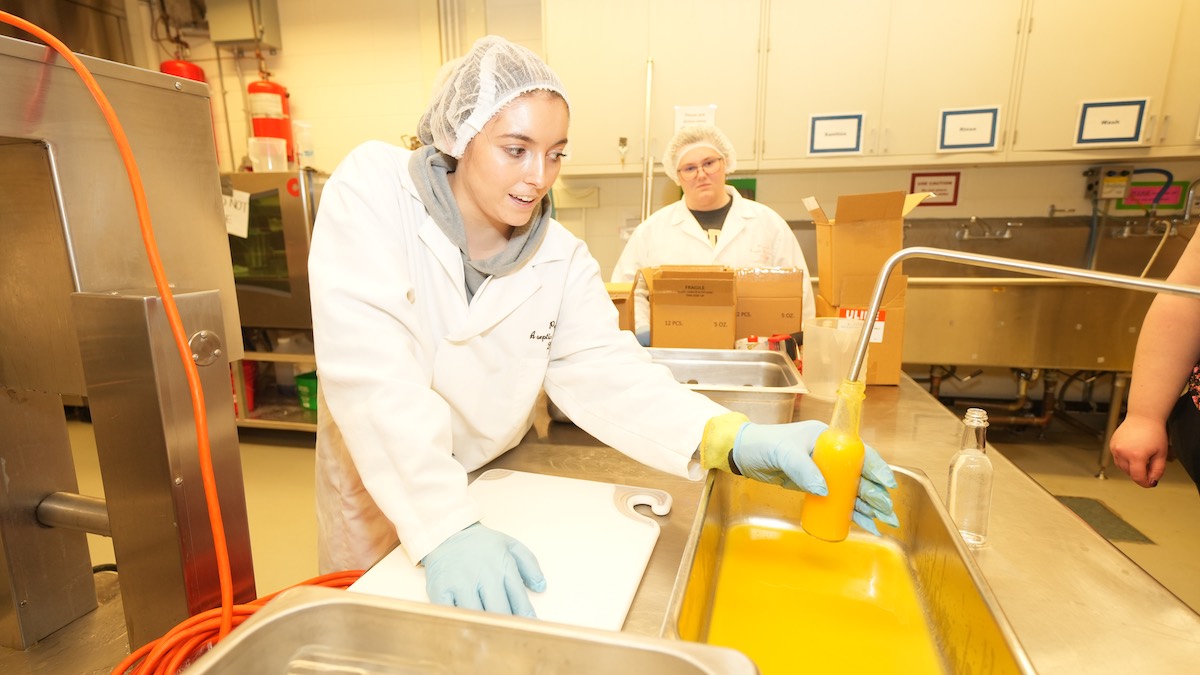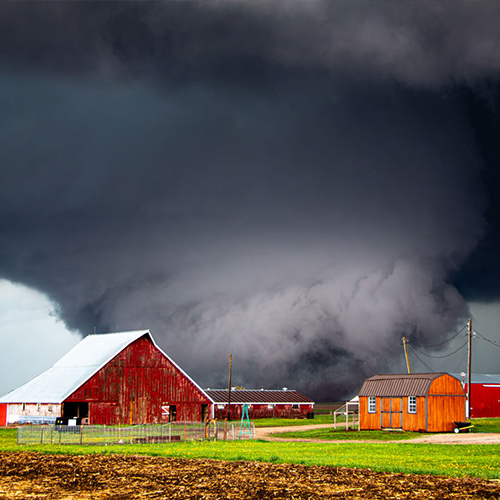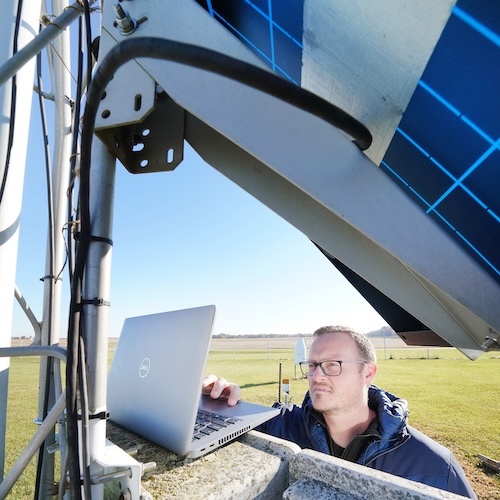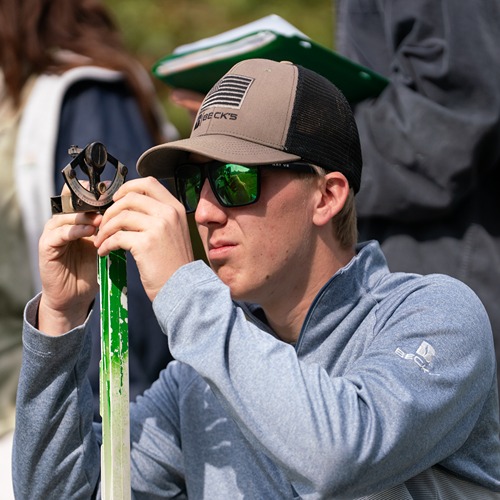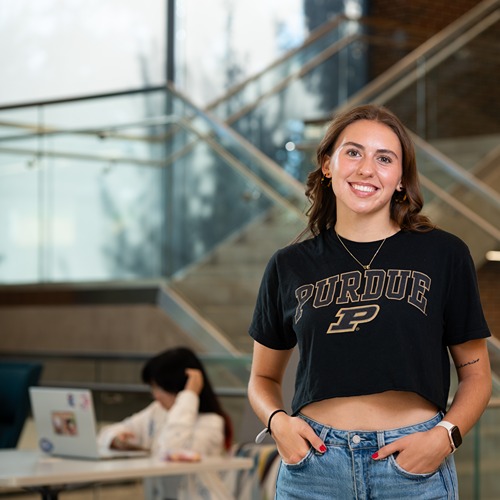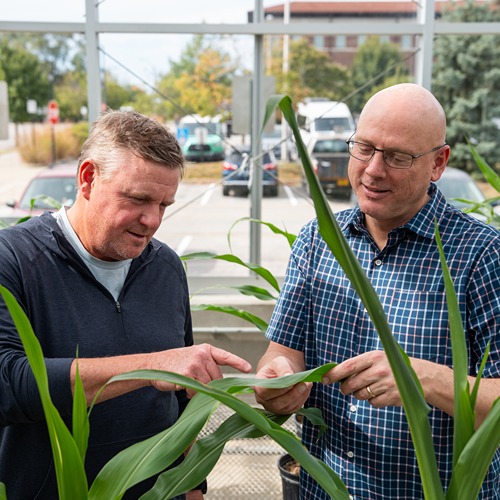CH4 Global partners with Food Entrepreneurship and Manufacturing Institute to combat methane emissions in the cattle industry
The Food Entrepreneurship and Manufacturing Institute (FEMI), housed within Purdue University’s Department of Food Science, offers a guiding light for entrepreneurs and businesses navigating the intricate path from food or beverage product conception to market readiness. Established nearly two years ago, FEMI cultivates partnerships with forward-thinking companies dedicated to meeting demands within the food and agriculture industry.
With a team comprised of staff, graduate and undergraduate students and collaborating faculty members, FEMI delivers tailored support to address the needs of their partners. Allie Kingery, Managing Director of FEMI, describes the institute as a “hub,” capable of handling diverse challenges internally or by tapping into the rich resources available across Purdue University.
One of FEMI’s earliest collaborators, CH4 Global, is a pioneer in reducing methane emissions from ruminant animals, particularly cattle. The significant environmental impact of livestock farming stems largely from the methane emissions generated during these animals' digestive process. Through innovative advancements, CH4 Global specializes in developing sustainable feed additives made from natural seaweed material, helping mitigate climate impacts within the global agricultural sector.
Most people in the U.S. aren’t aware that on a global scale, agriculture has a bigger impact than oil and gas on the climate. There’s now this call to action – there are actual solutions that the U.S. can lean into to help themselves and the planet.” -Rowena Pullan, Chief Brand Guardian for CH4 Global
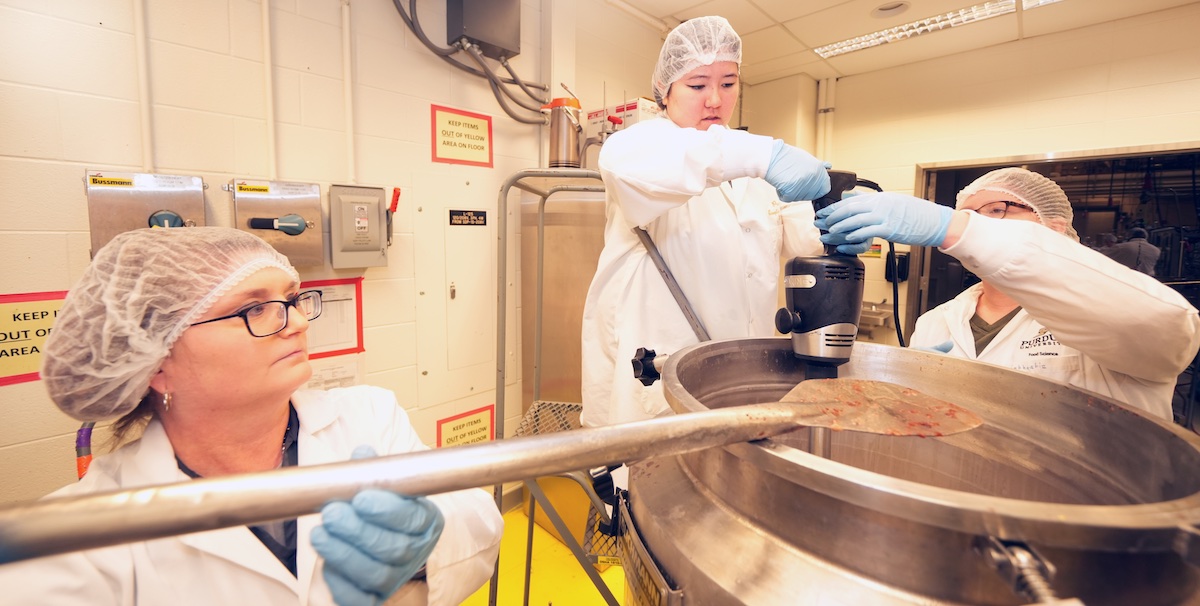 Students blending products within the facilities of the Skidmore Lab, housed in the Nelson Hall of Food Science
Students blending products within the facilities of the Skidmore Lab, housed in the Nelson Hall of Food Science With CH4 Global primarily operating from lab spaces in Australia and New Zealand, Paul Russo, Vice President of Product Development for CH4 Global, sought a strategic partner with strong expertise in education and research closer to his Cincinnati, Ohio home base.
“CH4 Global had a lot of hope that within Purdue’s College of Agriculture they would get traction and wanted to lean on FEMI for strengthening their U.S. presence, all in the name of helping come up with solutions to mitigate methane emissions in cattle,” explained Kingery. “We found that their requests lined up perfectly with what we can do.”
Aligned with CH4 Global’s commitment to sustainable agriculture, FEMI supported a series of testing agreements for seaweed-based feed solutions. These collaborations will gather comprehensive data on microbial properties, nutritional content, shelf-life, particle size and bulk density, essential for integrating seaweed into farming practices and creating a product easily consumed by cattle.
Russo acknowledges FEMI’s pivotal role in characterizing both the raw material, Asparagopsis, and finished product, and explains that, “It’s one thing to have capabilities, but it’s another to establish a partnership that brings those capabilities to life in terms of innovation and product development.”
FEMI’s work extends beyond technical expertise; they’ve also assisted in conducting our first stability study. Now we can demonstrate that we not only have a good design, but we also have a stable product that would last as long as we need it to in the market." -Paul Russo
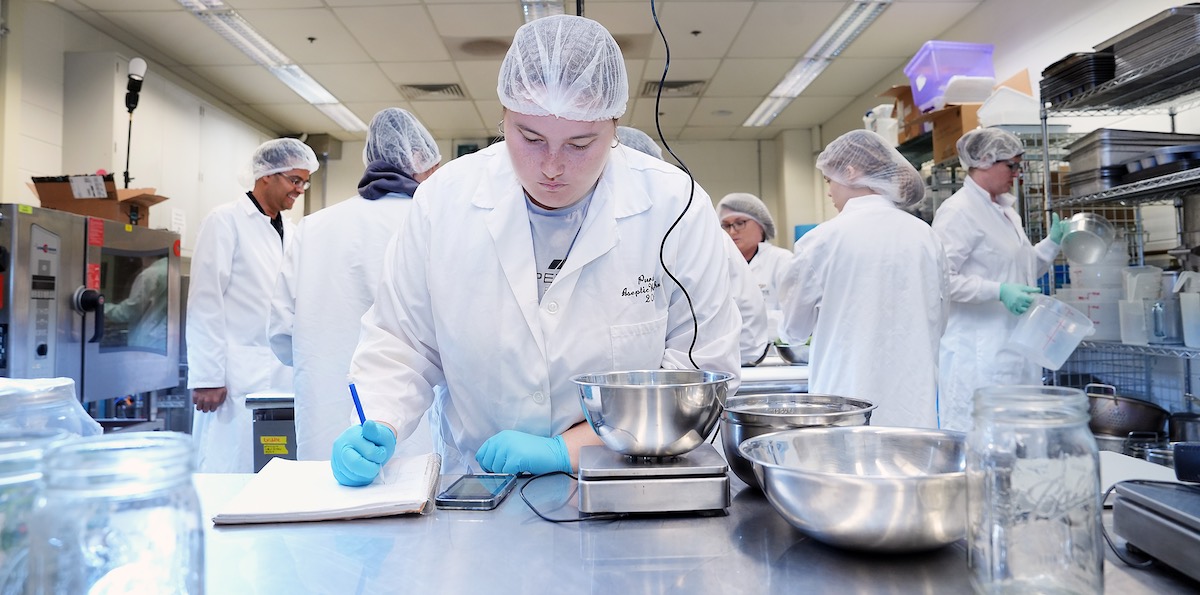 Student preparing product recipes for use in Skidmore Lab
Student preparing product recipes for use in Skidmore Lab The partnership’s success is further highlighted by the Series B funding from Cleveland Avenue, DCVC and DCVC Bio – venture capital investors who share a commitment to combating climate change across the value chain. With close ties to Purdue University, Cleveland Avenue has developed a strong relationship with FEMI, using the institute for honest, critical assessments of potential investment opportunities.
The project with CH4 Global has been our most significant in terms of both funding and developing a long-term partnership, and also really shows the depth of what food scientists are able to support." -Allie Kingery
Echoing this sentiment, Russo expresses his appreciation for working with Kingery and Dharmendra Mishra, associate professor of food science, as well as the students. “FEMI has the capabilities and the right educational staff, but the bonus has been seeing students eager to jump on board and participate in making a meaningful impact on the climate.”
students work on products from start to finish
As the seaweed-based feed project progresses into its next testing phase, both FEMI and CH4 Global are excited to explore potential product possibilities and new avenues for expanding their partnership.

